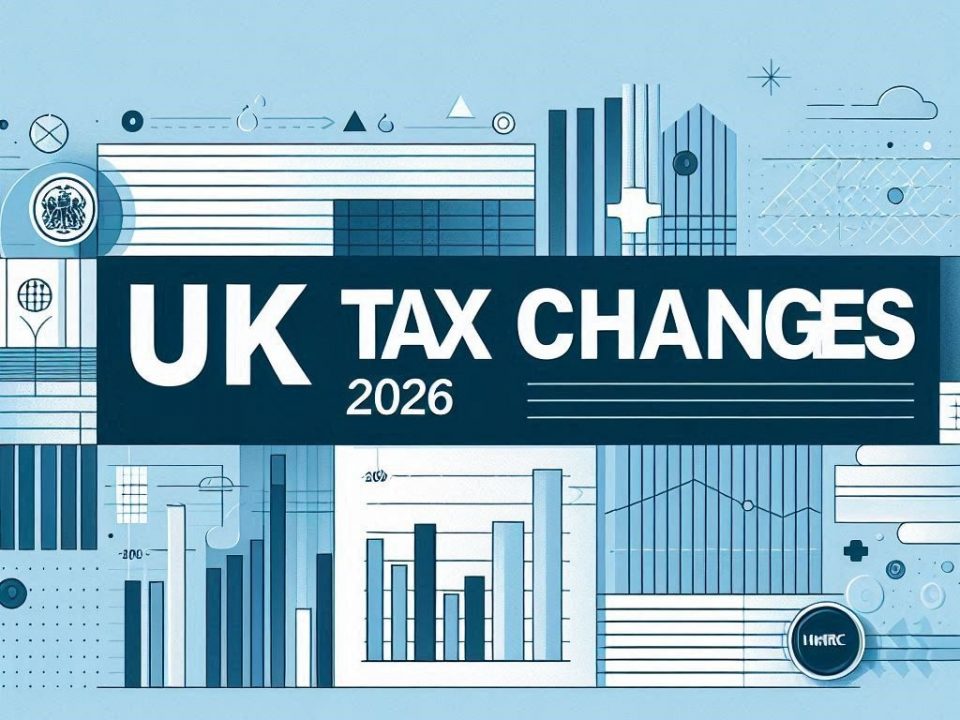Working from Home Expenses for Limited Companies: What You Need to Know
November 22, 2024Limited Company vs. Personal Property Ownership: A Tax Comparison
December 1, 2024When Section 24 of the Finance Act came into effect, it changed how landlords with rental properties are taxed. While it’s often discussed in the context of higher-rate taxpayers, it’s important for basic-rate taxpayers to understand how it might impact them—especially if their income from rental properties pushes them into the higher tax bracket.
What Is Section 24?
Previously, landlords could deduct their full mortgage interest from their rental income before calculating their taxable profit. Under Section 24, this is no longer the case. Now, mortgage interest is not deducted from rental income. Instead, you receive a tax credit equal to 20% of the mortgage interest.
This change can lead to higher taxable profits, potentially moving some basic-rate taxpayers into the higher-rate band, even though their real profit (after mortgage payments) hasn’t changed.
Example: Before and After Section 24
Before Section 24
• Rental income: £20,000
• Mortgage interest: £10,000
• Taxable profit: £10,000
As a basic-rate taxpayer (20%), the tax liability would be:
• 20% of £10,000 = £2,000
After Section 24
• Rental income: £20,000
• Taxable profit: £20,000 (mortgage interest no longer deductible)
• Tax liability: 20% of £20,000 = £4,000
• Less tax credit (20% of £10,000 mortgage interest): £2,000
Final tax bill: £2,000 (no change if you stay within the basic rate).
What Happens If You’re Pushed into the Higher Rate?
If your total income, including rental profits, exceeds £50,270 (2024/25 threshold), some of your income will be taxed at 40%.
Example: Higher Rate Impact
• Total income (including rental profits): £55,000
• Basic-rate threshold: £50,270
• Amount taxed at 40%: £55,000 – £50,270 = £4,730
Tax liability:
,• 20% on £50,270 = £7,540
• 40% on £4,730 = £1,892
• Total tax: £9,432
• Less tax credit (20% of £10,000): £2,000
Final tax bill: £7,432
Key Takeaways
1. Basic-rate taxpayers may see little to no impact if they stay within their band.
2. If rental income pushes you into the higher-rate band, your tax liability will increase significantly.
3. Proper tax planning can help minimize these effects, such as transferring ownership to a lower-earning spouse or setting up a limited company.
What Should You Do?
If you’re a landlord impacted by Section 24, it’s essential to evaluate your finances and explore tax-efficient strategies. An experienced accountant can help you navigate these changes and ensure you’re not paying more tax than necessary.
![]() 0333 880 8600
0333 880 8600
![]() Tax@taxesdoneright.co.uk
Tax@taxesdoneright.co.uk



